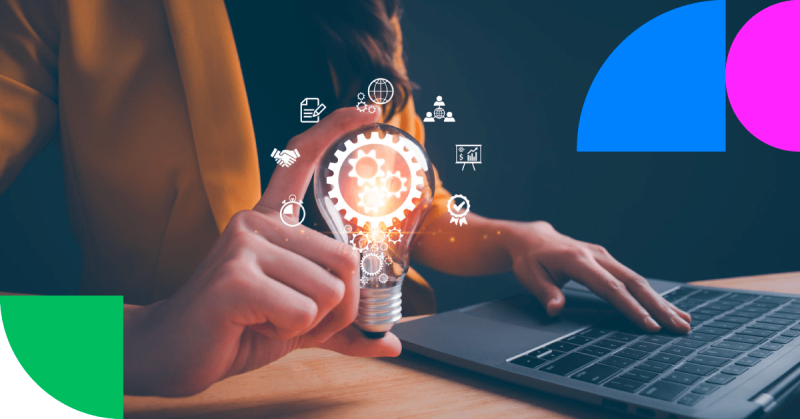Increasingly, people want to have their work life look a lot like their home life – they want to use the same productivity tools (Wikipedia, Facebook, Google, etc.) and their own equipment (also referred to as “BYOT” or “bring your own technology”: Mac, iPhone, etc.). The “training department” is becoming obsolete as training becomes part of the job and learning just part of work – a given. Work is becoming part of life and the “work/life balance” is an outdated concept at a time where “work/life flexibility” and integration is more of an issue.
The workplace will become more mobile with the increasing power of mobile phones that are replacing laptops as the main work device so that workers will be able to access the “desk” anywhere and at any time (i.e. the “third place”: if the office is the first place of work and the home office the second, the “third place” is anywhere your mobile phone is). Web commuting and third place working will replace the regular 9-to-5 workday and working on a project basis with “goal accomplishment” (meeting daily goals regardless time) will be the norm. Companies will thereby boost the job satisfaction and productivity of their employees.
The workplace will become democratic as information is democratized and digital record keeping makes company information accessible to all. The democratic workplace environment thrives on accountability, transparency, choice and the decentralization of power and employees will help shape company policy, project management and solve problems. This will also have implications for workplace learning as discussed in this post.
These changes are happening incredibly quickly as “revolutions” that once took hundreds of years to generate change now take just a few years in this high-tech age. The consumer experience will have a huge impact on learning as changing attitudes and behaviors will dictate. How so? – The mass consumerization of IT will mean that workers will bring their needs/new uses to IT departments – they will want their LMS’, Intranet etc. to work like the productivity tools they already integrate into their day-to-day experience – to work for example more like Google Search.
According to UNISYS, to harness the full power of this new wave of productivity, organizations need to modernize their IT environments in order to:
- Manage and support these popular consumer technologies;
- Secure critical data and assets against hackers, viruses, identity thieves, and other widespread consumer IT threats;
- Offer the interactive “app” experiences that consumers are looking for when transacting with their suppliers;
- Handle the expected increase in transaction load that these new interactive experiences will impose on the IT infrastructure;
- Attract and retain the new generation of workers entering the workforce.
The 3 most prevalent trends to affect the future workplace are:
- Globalization: global access to markets and talent, how that is going to reshape business, and the importance of building a “global mindset”. A global mindset is the ability to work with individuals, teams and organizations that are different (culture, language, location). Millennials (those born between 1977-1997) are experiencing global opportunities earlier in their careers, and by 2020 experts forecast that there will be a migration of talent to BRIC nations (Brazil, Russia, India and China) that will be leading the world economically. For implications on workplace learning please check this post.
- The emergence of social media tools and technologies inside the workplace are really changing how works get done. Companies are using social networks to source and attract employees while community platforms and closed corporate social networks are actively engaging both employees and customers to help solve problems faster, and improve products, services and business.
- Multiple generations in the workplace: by 2020 “Millenials” will make up 50% of the workforce. Millenials will work alongside older workers, traditionalists and boomers which will affect how companies are recruiting, developing and communicating.
With these trends will come growing interest in informal and social learning, team based learning and peer-to-peer or anonymous mentoring. Social media literacy will be a requirement for all, and leaders will need to display “digital confidence.”
How to keep up with these changes…
- Adopt a global mindset
- Familiarize yourself with social networks/ platforms and actively adopt them in the workplace
- Always have your online reputation in mind and build your personal brand (social technologies track personal ratings, referrals and reputations)


